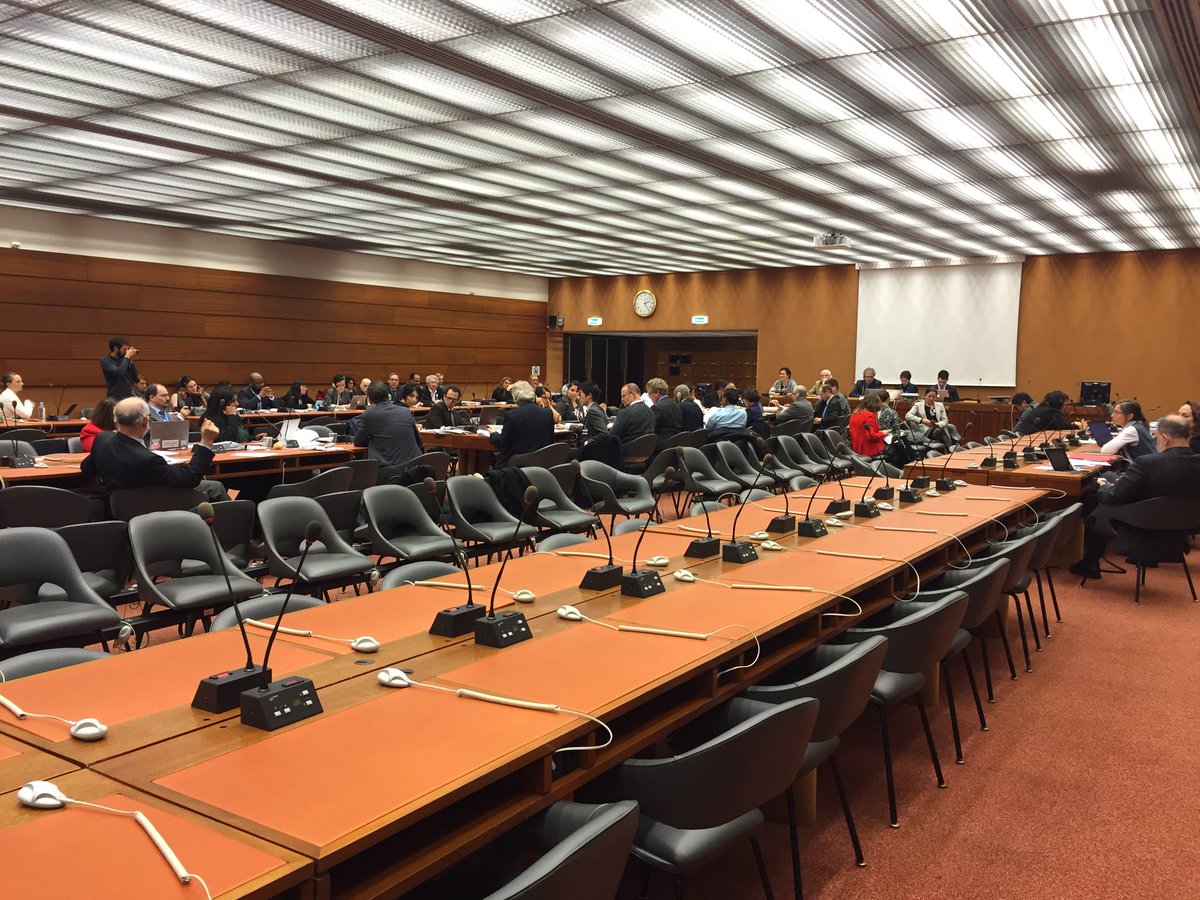Like this article? rabble is reader-supported journalism. Chip in to keep stories like these coming.
This past week, in Geneva, the world watched as Canada was put to task on how we measure up in terms of economic and social rights. After days of meetings and presentations to the members of the UN Committee on Economic, Social and Cultural Rights, Canada was in the hot seat responding to concerns about the almost 5 million people living in poverty within our borders.
The tone at the beginning of the review was stern — The United Nations expects Canada to do more on economic and social rights, and act as a global rights leader. At the outset of the session, Vice-Chairperson, Mancisidor De La Fuente, acknowledged that seeing as Canada is purporting itself as a “new” Canada with a “new” government, perhaps now is the right time for Canada to take a step forward and set out a more “ambitious, braver interpretation” of the Charter to enable it to fully protect economic and social rights.
This message was echoed throughout the afternoon session of the review. Perhaps now is the ideal time to begin to ensure our economic and social rights are “made real.” After all, people in Canada clearly care deeply about economic and social rights. During the review, there were so many civil society and Indigenous representatives here in Geneva they had to move us to a larger room. The message was echoed at home as well as the hashtag #CESCR2016 was trending on Twitter.
The issue of note in the review was the justiciability of economic and social rights through Canada’s Charter of Rights and Freedoms. Basically, many of the Committee members showed serious concerns that those who are homeless or living in poverty have no recourse to take claims into Canada’s court systems. There is simply no domestic mechanism to keep the government accountable or to report violations of fundamental rights such as the right to food, housing or water.
This becomes particularly clear when you consider the Tanudjaja v. AG case that went through the courts in the past few years. In this case, four homeless individuals, with the help of the Centre for Equality Rights in Accommodation, argued that by failing to create national or provincial homeless strategies, the government had failed their Constitutional obligations to protect their right to life, liberty and security of the person, as well as right to equality.
What’s very concerning about the case is the government’s position — they argued that the claim didn’t deserve to even be heard in the courts. Perhaps this is the most salient example of how our government has closed the door to being accountable to people in poverty.
The government’s response to the issue of justiciability was, admittedly, underwhelming. In fact, in their written response, they noted that in their opinion, such rights (i.e. the right to housing) of people living in poverty are not valid in the courts. This discouraging comment lead to a significant reaction by the Committee. They wondered, if this government is purporting itself as a reborn rights leader, there must be concrete ways to exercise these inherent rights.
Canada is at a crossroads — it can either set a standard for human rights globally, or continue to fall behind on its obligations. The Committee again questioned this “new” Canada in relation to an adequate standard of living and the persistent levels of poverty found across the country. In particular, the Committee was concerned about claw backs to social assistance, the need for minimum wage to be at adequate levels, structural issues of gender inequality and poverty, the criminalization of homelessness and food insecurity in Northern Canada, among many other issues.
Early in the review the Committee Chair noted that economic and social rights are often put on the backburner behind civil and political rights. While potentially unintentional, this has created a harmful hierarchy of rights where significance is placed on some while ignoring others. Let’s be clear — you can’t pick and choose rights. They are inherent, indivisible and universal.
The Committee’s recommendations to Canada (expected in the coming weeks) come at a pivotal moment in our human rights journey: this year marks Canada’s 40th anniversary as a signatory to the International Covenant on Economic, Social and Cultural Rights, as well as the 50th anniversary of the Covenant itself.
How Canada responds will determine what our human rights legacy will be, and how far this “new” government is willing to go to ensure every person can live with dignity and security.
Like this article? rabble is reader-supported journalism. Chip in to keep stories like these coming.
Image: Twitter/CWP_CSP




